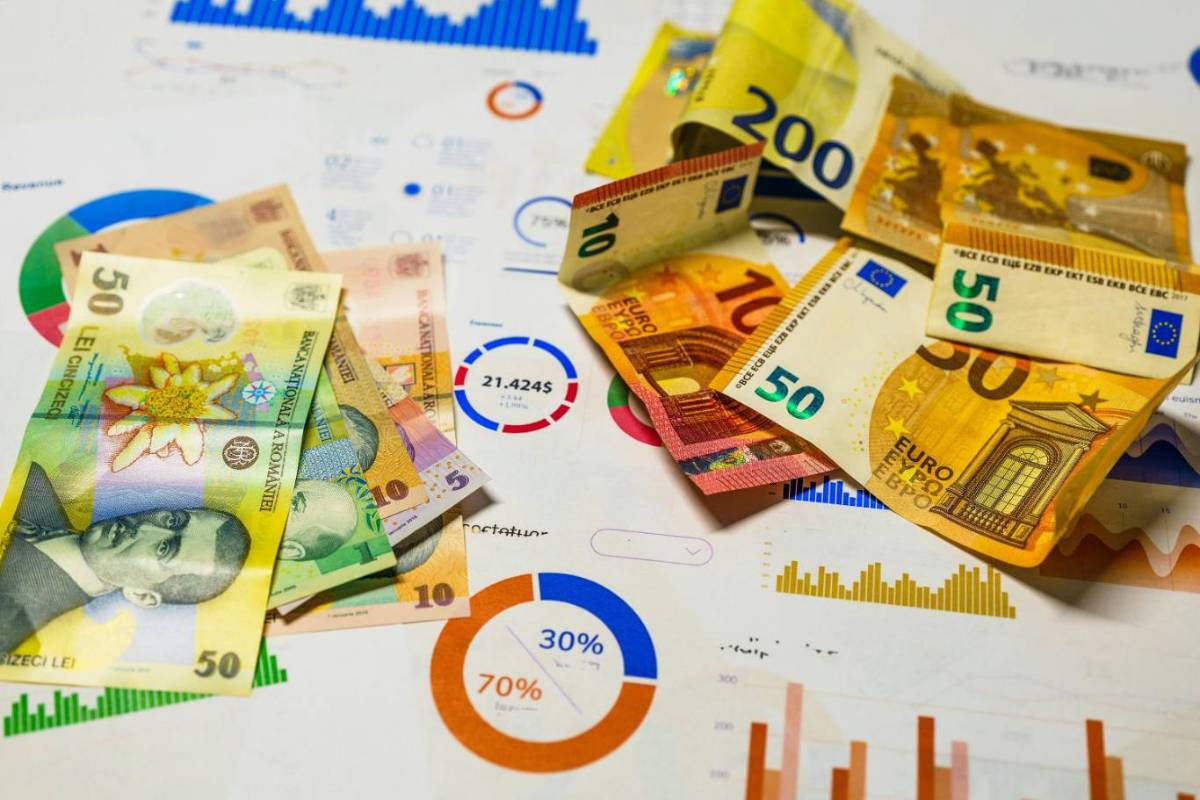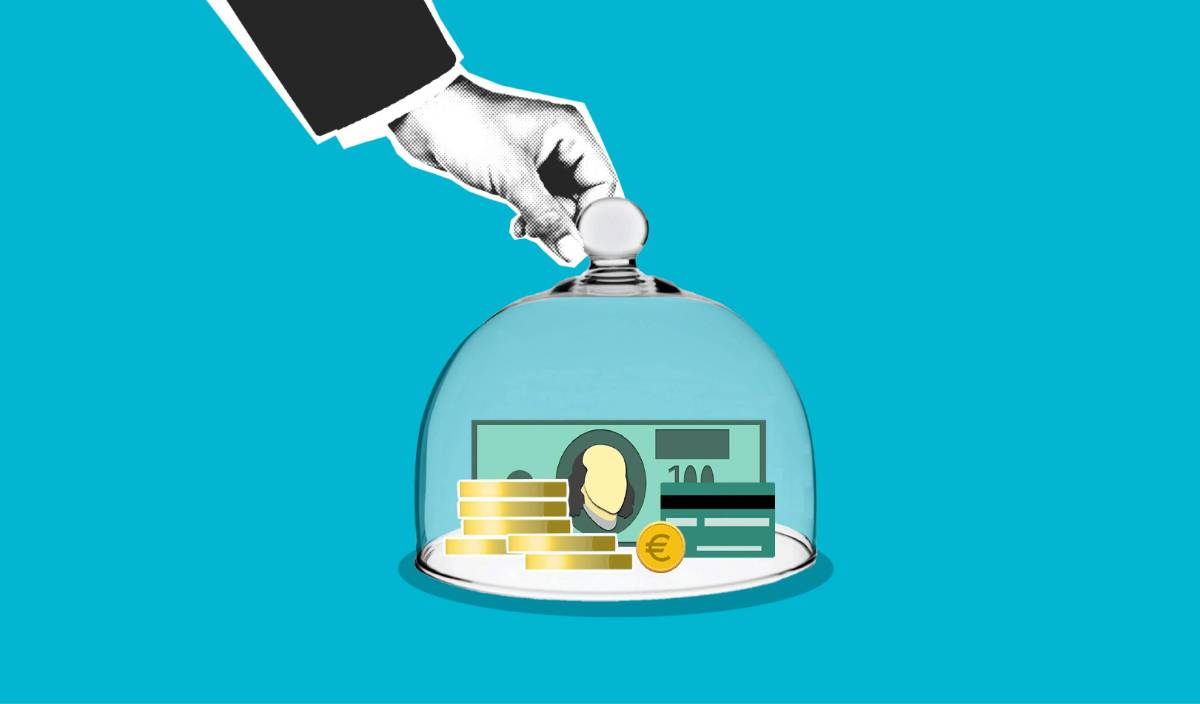
Inflation erodes the purchasing power of money over time, making it essential to protect your savings from its impact.
 Understanding Inflation
Understanding InflationInflation refers to the rise in prices of goods and services over time. As inflation increases, the value of money decreases, reducing the real worth of savings.
A high inflation rate can diminish the purchasing power of fixed-income assets, affecting long-term financial stability.
Investing in Inflation-Hedged AssetsStocks, real estate, and commodities like gold tend to perform well against inflation, preserving wealth in the long run.
Treasury Inflation-Protected Securities (TIPS) and other inflation-indexed investments can provide security against rising prices.

A well-balanced portfolio with a mix of asset classes helps mitigate inflation risks. Spreading investments across different sectors enhances financial stability.
Consider international investments, as global markets may offer better inflation resistance depending on economic conditions.
Keeping too much money in cash can be detrimental as inflation reduces its real value over time.
Investing excess cash in income-generating assets ensures that savings grow rather than lose value to inflation.
ConclusionUnderstanding inflation and taking proactive financial measures can safeguard your savings. Strategic investing and diversification are key to maintaining purchasing power over time.

Contributor
Abraham Benjamin shares thoughtful insights through clear and engaging writing. Their articles aim to inform and inspire readers with a balanced perspective.
Learn more


